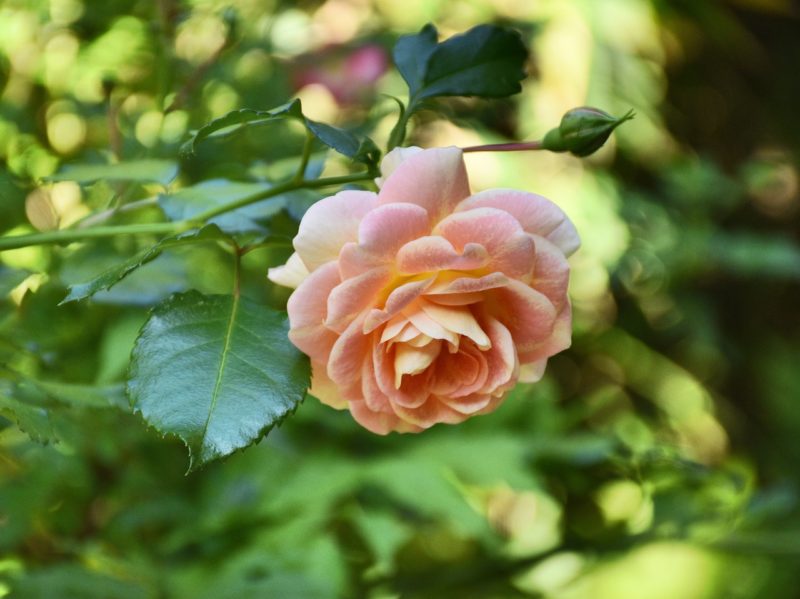THE PERFECT WORLD (PART 1)
IISATYANAAMII
THE PERFECT WORLD (PART 1)
Going through lockdowns, states of emergency, confinements, stay-at-home orders is very daunting. Especially when it seems that it is never-ending. Many people are impatient as to when everything will get back to normal. That normal which is the perfect world for them. That normal which is not virtual, but real. People have been living virtually for too long. And the real, perfect world is not virtual. Is that so? Is that our perfect world?
“Santo! So nij desh hamaaraa
Jahaan jaae phir hans na aave, bhowsaagar ke dhaaraa”
O accomplished Saints! Such is my world, such is my country, where the soul goes not to come back again in the cycle of rebirths. Satguru Kabir Saheb is inviting the learned devotee to his abode. An abode of no return. In aspiring to find the perfect world on the physical plane, people just get lost. That perfect state of existence is not to be found by searching the corporeal. Satguru Kabir Saheb’s address to the learned is particularly crucial here. Because after ingesting all the scriptures, history and stories of others, it is time to draw from your own experience. The experience of the absolute. Of the beyond.
“Surya na chandra tahaan prakaashat, nahin nabh mandal taaraa
Udaye na ast divas nahin rajni, bin jyoti ujiyaaraa”
You will find no sunlight, no moonlight, no stars or galaxy. Nor will you come across sunrise or sunset. It will be all luminous without light. Once again, Satguru Kabir Saheb is inviting the devotee on a journey to experience light on a sunless, moonless plane. Unimaginable that there can be light without the sun. Yet, the experience is one beyond what this physical plane can offer. Unless we detach ourselves from the unreal, we will not be able to experience the real. And we also have to mentally dissociate ourselves from the traditional awareness. That world is not comparable with what we know of the physical world.
“Paanch tatwa gun teen tahaan naahin, nahin tahaan shrishti pasaaraa
Tahaan na maayaa krit prapanch yaha, lok kutumb parivaaraa”

